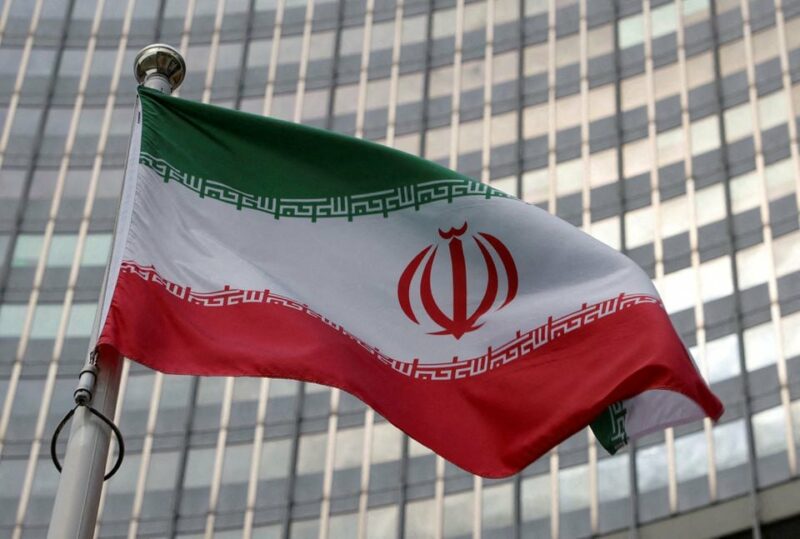VIENNA (Reuters): The United States and its allies have few routes left to rein in Iran’s nuclear work with prospects for talks long buried and tougher actions against Tehran running the risk of stoking tensions in a region already enflamed by the Gaza war.
With a U.S. election next year limiting Washington’s room for manoeuvre, four serving and three former diplomats painted a bleak picture of efforts to curb Iran’s nuclear programme, which according to U.N. nuclear watchdog reports continues to advance.
According to one of the two confidential reports by the International Atomic Energy Agency and seen by Reuters, Iran now has enough uranium enriched up to 60% purity – close to weapons-grade and a level Western powers say has no civilian use – to make three bombs.
The stockpile continues to grow, the reports say, even though Iran has consistently denied wanting nuclear arms.
Having failed to revive a nuclear deal between Iran and world powers that was abandoned by former U.S. President Donald Trump in 2018, President Joe Biden has no room for now even to consider a more informal “understanding” to curb Iran’s nuclear work with a regional conflict raging and tension spiralling.
“There is a sort of paralysis, especially among the Americans … because they don’t want to add fuel to the fire,” said a senior European diplomat.
Any negotiations to reach an “understanding” with Iran would have entailed Washington offering concessions – such as easing its tough sanctions regime on Tehran – in return for Iranian constraint.
Such a move now looks inconceivable after Iran-backed Palestinian group Hamas launched its devastating attack on Oct. 7 on U.S. ally Israel. Since then, Iran’s regional proxy militias have launched dozens of attacks on U.S. and coalition troops in Iraq and Syria, according to the Pentagon.
At home, the Biden administration is constrained by U.S. presidential elections now just a year away. Trump, who at the moment looks most likely to be Biden’s opponent, could seize on any engagement with Tehran and portray it as weakness.
“In the current environment, it is simply not politically feasible to seek an accommodation with Iran on the nuclear issue,” said Robert Einhorn, a former U.S. State Department official.


Comments are closed.